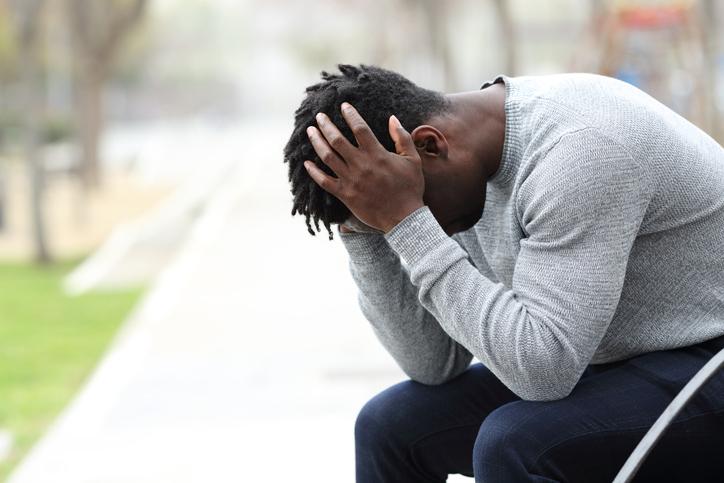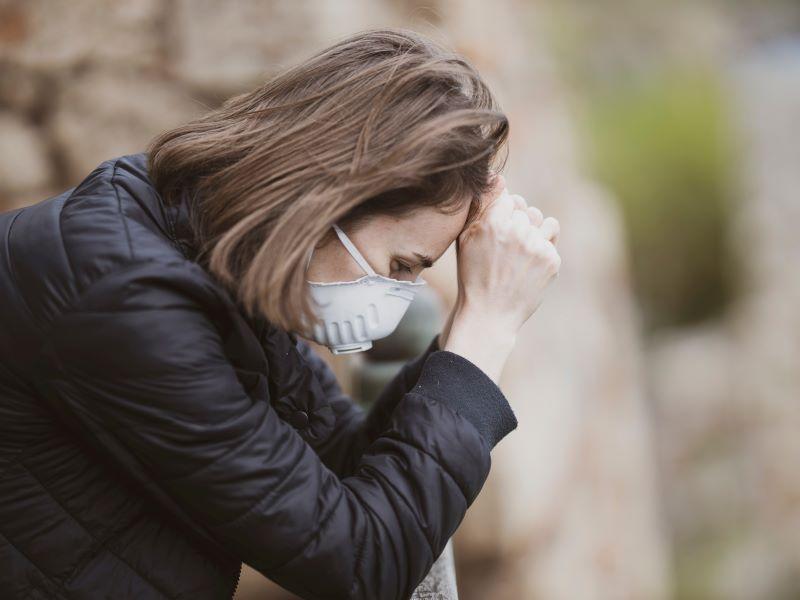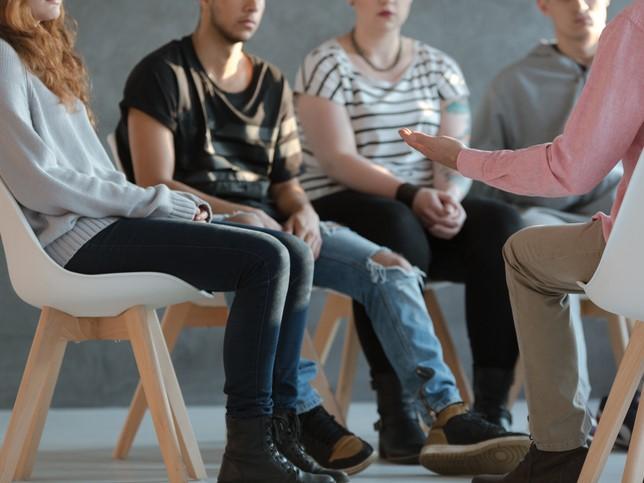Universities need to urgently make a more intentional, proactive and well-resourced effort to support their students’ mental health, increase mental health literacy and understanding, and reduce stigmatisation of individuals suffering from mental health distress and mental illness.
Higher education institutions need to invest far greater resources into teaching about mental health to empower all members of college communities to be mindful and supportive of those facing mental health challenges and to have the intellectual and practical tools to be of assistance in tangible ways that meet the needs of individuals experiencing mental health distress.
- Build community into the curriculum to improve in-person attendance
- I’m finally ready to admit that I’m an academic who suffers from depression
- Generation Z presents new challenges for medical education
Faculty, staff and students alike need the equivalent of basic first-aid training in mental health in order to ensure that all members of the college community – but students in particular – have their mental health and welfare adequately supported.
Mental health distress and illness are profoundly socially stigmatised. This occurs due to fear, lack of knowledge, cultural and social norms or expectations of health, and indifference, as well as misunderstanding of their causes, manifestations and consequences and the potential for effective treatment.
The shame and marginalisation put onto individuals as well as the lack of knowledge about the causes and consequences of mental health issues and how to support individuals experiencing them exacerbates an already difficult burden.
Mental health first aid
Basic knowledge about how to respond to individuals experiencing mental health crises, including severe depression and suicidal thoughts and intentions, is essential for all university community members, including students. Mental health first aid programmes provide essential information and skills to enable individuals to note and observe mental health distress in themselves and others, and to seek professional assistance for mental health challenges and crises, including depression, anxiety, delusions/psychosis, and suicidal thoughts and intentions.
This training could take the form of a three- to four-hour course for all incoming first-year students, reinforced with similar sessions midway through their college education two years later to update their knowledge and mental health intervention skills.
These training sessions would help students spot symptoms of mental health crisis and risk of self-harm and suicide, while also providing them with information about how to seek assistance from professional mental health services for themselves and others.
Similar sessions can be provided, in-person or online, for university faculty and staff, as is already common at many universities for issues such as workplace safety and employee rights and responsibilities.
Building a culture of community
Universities could also be more invested in creating genuine cultures of community that foster social cohesion and a shared collegial spirit of care and compassion. They need to make a conscious effort to build a campus culture that reduces loneliness and isolation through community-building.
Programmes in diversity, equity and inclusion need to address mental health and recognise it is part of their mission and responsibility, and ensure that they are supportive of those facing marginalisation and disadvantage because of mental health distress and illness.
Although for many people mental health distress or illness is not immediately visible, all navigate a society that routinely discriminates against and stigmatises the mentally ill and which fails to provide equal access to mental health treatment and services as it does for other health programmes.
Consequently, universities must also invest greater resources in improving their own university-based mental health services as well as programmes that aim to prevent severe mental health distress and to increase mental health well-being for individuals and for campus communities as a whole.
Depression, anxiety and loneliness all rose during the pandemic, according to some studies, and continue to be experienced at high rates in society generally and especially among college students.
We need dramatic change in awareness and understanding of mental health and mental health distress and illness in society, acknowledgment of the prevalence and severity of mental health distress in university communities, and an ethical response of solidarity and care on the part of universities.
Universities should empower students with the basic knowledge and skills – mental health first aid – to protect and promote their own mental health and those of friends and other members of the university community.
Such efforts will contribute to reducing the stigmatisation of mental illness, advancing mental health and building stronger, more resilient and mutually supportive university communities.
Noam Schimmel is a lecturer in international and area studies at the University of California, Berkeley.
If you’re having suicidal thoughts or feel you need to talk to someone, a free helpline is available around the clock in the UK on 116123, or you can email jo@samaritans.org. In the US, the National Suicide Prevention Lifeline is 1-800-273-8255. In Australia, the crisis support service Lifeline is 13 11 14. Other international suicide helplines can be found at www.befrienders.org.
If you would like advice and insight from academics and university staff delivered direct to your inbox each week, sign up for the Campus newsletter.




comment